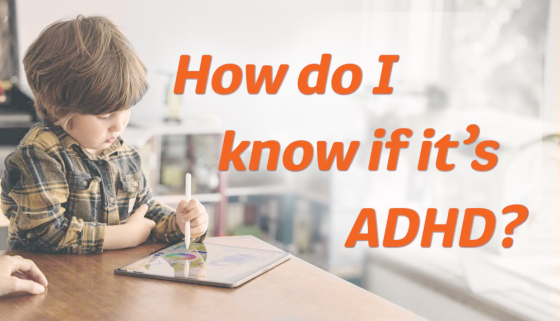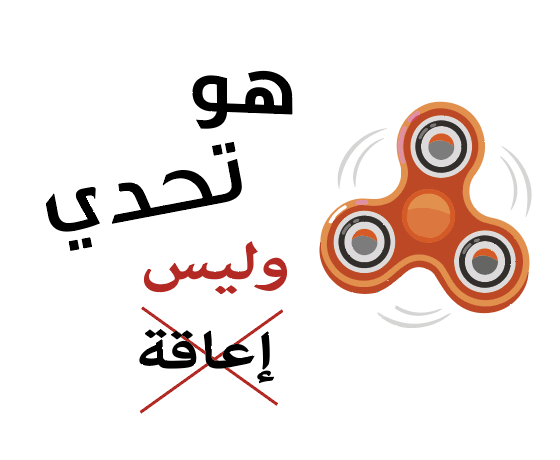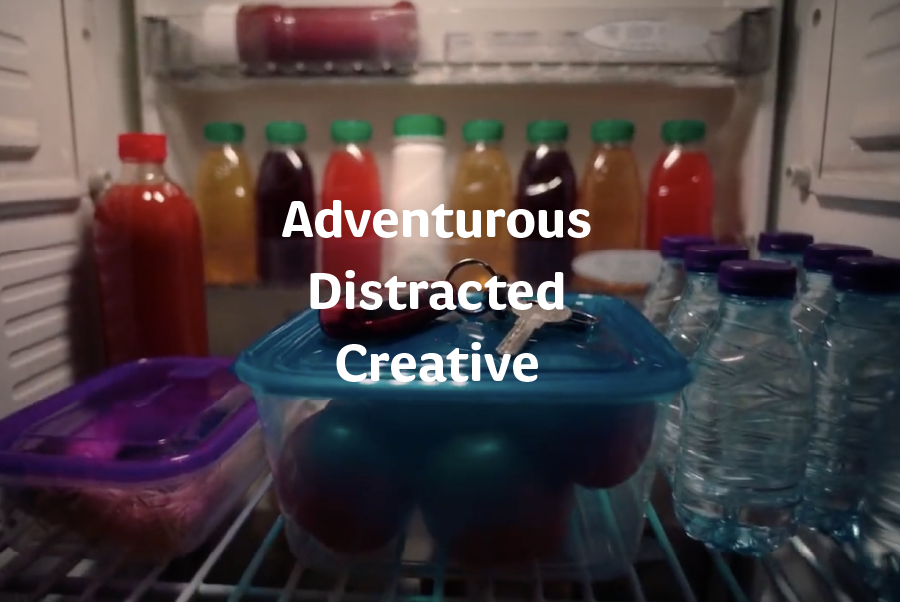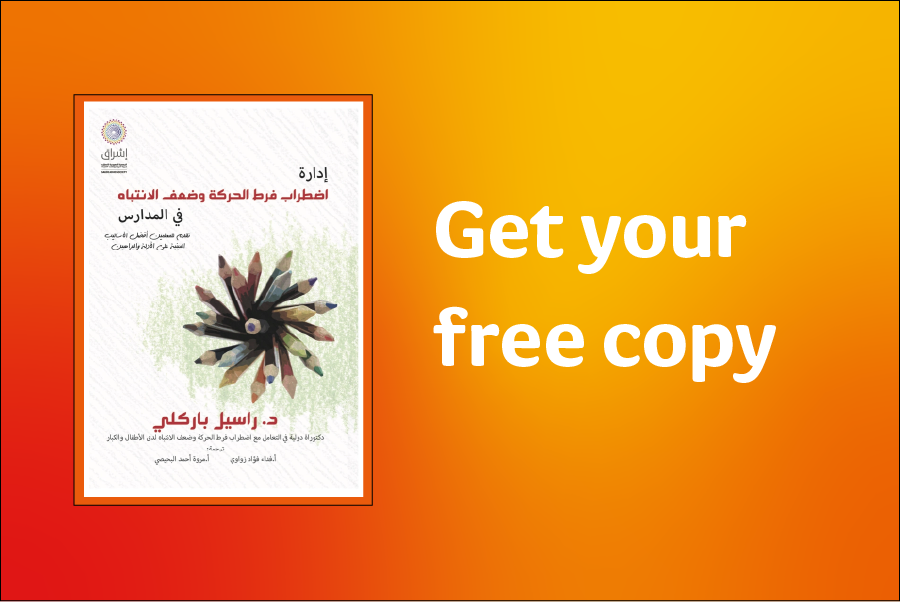
Dear Parent,
We believe that change starts with awareness and that knowledge is the beginning of the solution, so we have prepared this brief introduction to let you know about the Saudi ADHD Society and our mission of raising awareness about Attention Deficit Hyperactivity Disorder (ADHD).
If you would like to share this information with somebody else, you can find links to this article and a downloadable PDF that you can share by WhatsApp, email, or via social media.
First of all, why is this important? Although ADHD affects people of all ages in many ways, its effects are first noticed in childhood. It often comes to attention when children start school and they have unexpectedly poor academic achievement and struggle to get on with their classmates and teachers.
Some people wonder if ADHD makes children unintelligent, while others wonder if it actually makes them geniuses. The truth is that children affected by ADHD have the same varying levels of mental abilities and intelligence as their typically developing peers (that’s what we call children without ADHD or other disorders).
It is essential that we shed light on this issue by raising awareness about the importance of early screening and diagnosis. We encourage parents who observe early signs of ADHD (described below) in their children to go and get a screening done at an early age. Getting an accurate diagnosis is the first step in helping them to overcome the symptoms, minimize the challenges, and ultimately to succeed in their academic, professional, and social lives.
The earlier a child is diagnosed, the better the potential outcomes.
In the two columns below, you can find typical issues observed in children with ADHD, which you can think about in relation to your child, bearing in mind that:
- These behaviours and tendencies are generally observed no earlier than 3 years old, typically at school age, and must be (or have been) apparent before 12 years old.
- Symptoms must persist for 6 continuous months.
- They must behave in this way in a variety of places, environments and circumstances.
If your child frequently exhibits 6 or more signs in at least one of the columns below, in a way that is not considered normal for a child of their age, you may wish to contact us to arrange a free screening.
Signs of hyperactivity / impulsivity:
Signs of attention deficit:
Source: Vanderbilt ADHD Rating Scale 3
Put a tick in front of each description that applies to your child.
Do more than 6 apply from one of the two lists?
We are at your service to answer your questions and inquiries and provide you with free services.
Get in touch by phone or via WhatsApp:
Riyadh and all cities of the Kingdom 0503866685 / 0536060955
Jeddah and cities of the Makkah region 0557355580
Attention Deficit Hyperactivity Disorder (ADHD)

It’s HEREDITARY, not poor parenting.
If one or both parents have ADHD it is possible that one or more of their children may have it too. Sometimes adults only find out they have ADHD after their child is diagnosed (“it explains so much!”).

It’s a DISORDER, not a disease.
People with ADHD do not have a physical or mental illness, just some slight differences that cause difficulties in controlling their attention, emotions, impulses, motivation, activity levels and so forth.

It’s a CHALLENGE, not a disability.
People with ADHD have the same range of intelligence and abilities as their typically developing peers, but can often struggle academically and socially, which holds them back. So, it’s vital for them to get the understanding and support they need, starting with an early diagnosis.
FAQ (Arabic)

Youth Video (Arabic)

Share with others
PDF will be added
Don’t hesitate to ask.
It all starts with a little understanding.
973 009 920

Image credit: Child At Home While Parent Cares For Him by Jacob Lund Photography from NounProject.com


